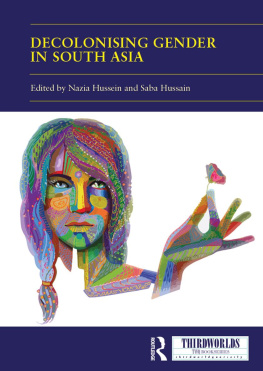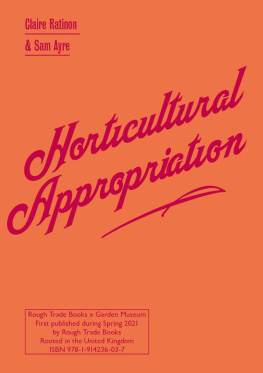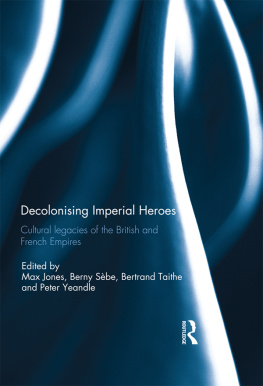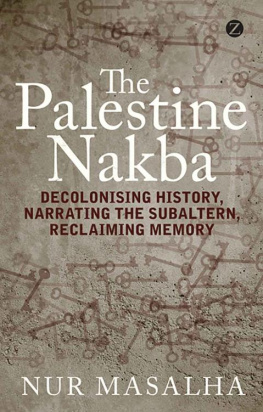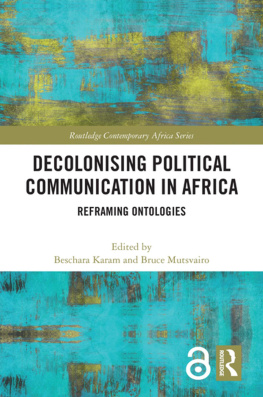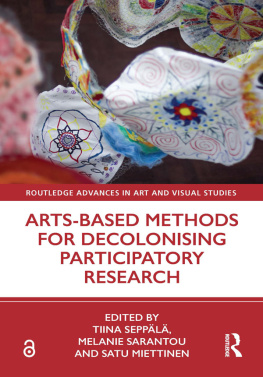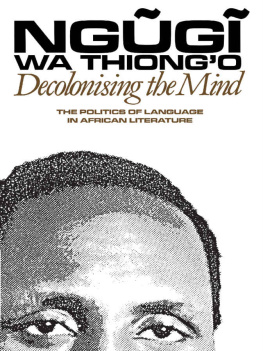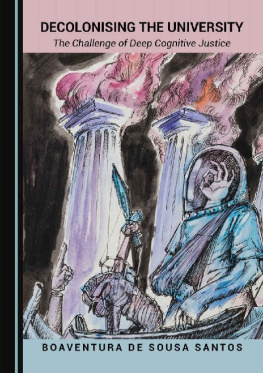Established in 1946, this series produces high-quality scholarship in the fields of public and private international law and comparative law. Although these are distinct legal sub-disciplines, developments since 1946 confirm their interrelation.
Comparative law is increasingly used as a tool in the making of law at national, regional and international levels. Private international law is now often affected by international conventions, and the issues faced by classical conflicts rules are frequently dealt with by substantive harmonisation of law under international auspices. Mixed international arbitrations, especially those involving state economic activity, raise mixed questions of public and private international law, while in many fields (such as the protection of human rights and democratic standards, investment guarantees and international criminal law) international and national systems interact. National constitutional arrangements relating to foreign affairs, and to the implementation of international norms, are a focus of attention.
The Board welcomes works of a theoretical or interdisciplinary character, and those focussing on the new approaches to international or comparative law or conflicts of law. Studies of particular institutions or problems are equally welcome, as are translations of the best work published in other languages.
Books in the series
Decolonising International Law: Development, Economic Growth and the Politics of Universality Sundhya Pahuja
Complicity and the Law of State Responsibility Helmut Philip Aust
State Control over Private Military and Security Companies in Armed Conflict Hannah Tonkin
The UN and Human Rights: Who Guards the Guardians? Guglielmo Verdirame
Sovereign Defaults before International Courts and Tribunals Michael Waibel
Making the Law of the Sea: A Study in the Development of International Law James Harrison
Fair and Equitable Treatment in International Investment Law Roland Klger
Legal Aspects of Transition from Illegal Territorial Regimes in International Law Yal Ronen
Access to Asylum: International Refugee Law and the Globalisation of Migration Control Thomas Gammeltoft-Hansen
Trading Fish, Saving Fish: The Interaction between Regimes in International Law Margaret Young
The Individual in the International Legal System: State-Centrism, History and Change in International Law Kate Parlett
The Participation of States in International Organisations: The Role of Human Rights
and Democracy Alison Duxbury
Theatre of the Rule of Law: The Theory, History and Practice of Transnational Legal Intervention Stephen Humphreys
Armed Attack and Article 51 of the UN Charter: Evolutions in Customary Law and Practice Tom Ruys
Science and Risk Regulation in International Law: The Role of Science, Uncertainty and Values Jacqueline Peel
The Public International Law Theory of Hans Kelsen: Believing in Universal Law Jochen von Bernstorff
Vicarious Liability in Tort: A Comparative Perspective Paula Giliker
Legal Personality in International Law Roland Portmann
Legitimacy and Legality in International Law: An Interactional Account Jutta Brunne and Stephen J. Toope
The Concept of Non-International Armed Conflict in International Humanitarian Law Anthony Cullen
The Challenge of Child Labour in International Law Franziska Humbert
Shipping Interdiction and the Law of the Sea Douglas Guilfoyle
International Courts and Environmental Protection Tim Stephens
Legal Principles in WTO Disputes Andrew D. Mitchell
War Crimes in Internal Armed Conflicts Eve La Haye
Humanitarian Occupation Gregory H. Fox
The International Law of Environmental Impact Assessment: Process, Substance and Integration Neil Craik
The Law and Practice of International Territorial Administration: Versailles, Iraq and Beyond Carsten Stahn
Cultural Products and the World Trade Organization Tania Voon
United Nations Sanctions and the Rule of Law Jeremy Farrall
National Law in WTO Law: Effectiveness and Good Governance in the World Trading System Sharif Bhuiyan
The Threat of Force in International Law Nikolas Strchler
Indigenous Rights and United Nations Standards Alexandra Xanthaki
International Refugee Law and Socio-Economic Rights Michelle Foster
The Protection of Cultural Property in Armed Conflict Roger OKeefe
Interpretation and Revision of International Boundary Decisions Kaiyan Homi Kaikobad
Multinationals and Corporate Social Responsibility: Limitations and Opportunities in International Law Jennifer A. Zerk
Judiciaries within Europe: A Comparative Review John Bell
Law in Times of Crisis: Emergency Powers in Theory and Practice Oren Gross and Fionnuala N Aolin
Vessel-Source Marine Pollution: The Law and Politics of International Regulation Alan Tan
Enforcing Obligations Erga Omnes in International Law Christian J. Tams
Non-Governmental Organisations in International Law Anna-Karin Lindblom
Democracy, Minorities and International Law Steven Wheatley
Prosecuting International Crimes: Selectivity and the International Law Regime Robert Cryer
Compensation for Personal Injury in English, German and Italian Law: A Comparative Outline Basil Markesinis , Michael Coester , Guido Alpa , Augustus Ullstein
Dispute Settlement in the UN Convention on the Law of the Sea Natalie Klein
The International Protection of Internally Displaced Persons Catherine Phuong
Imperialism, Sovereignty and the Making of International Law Antony Anghie
Necessity, Proportionality and the Use of Force by States Judith Gardam
International Legal Argument in the Permanent Court of International Justice: The Rise of the International Judiciary Ole Spiermann
Great Powers and Outlaw States: Unequal Sovereigns in the International Legal Order Gerry Simpson
Local Remedies in International Law C. F. Amerasinghe


